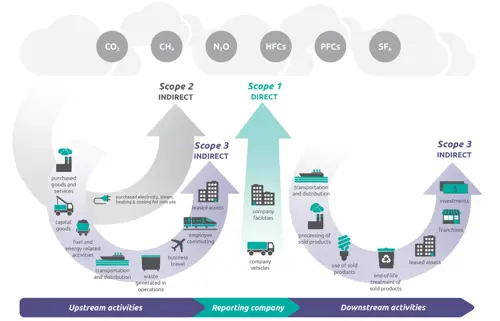Unlock Next Gen at EDIE 23 Conference
15 March 2023
Unlock Next Gen members Emma Sumner and Mia Gale attended the EDIE 23 conference in London on 1-2nd March. The conference discussed the improvement of environmental sustainability across sectors through radical collaboration and courageous business leadership. Read Emma’s summary of the day here:
EDIE 23 showcased a broad range of speakers alongside more interactive workshops and panel discussions. Before I highlight some of the topics discussed and key takeaways, I want to shout out how great it was to see a range of diverse speakers with strong female and minority ethnic representation. In terms of the topics themselves, a fair and just transition to net zero was discussed in a range of industries including fashion, agriculture, finance and - of course - housing. Housing took a fair bit of stick at the conference for its emissions contribution and inaction resulting in what was described as ‘the lost decade’ over the past 10 years.
Lord Deben, Head of the Climate Change Committee was particularly inspiring in his approach. At 83 years young, he gave an impassioned speech about taking personal responsibility for the state of the climate crisis and galvanising the cooperative moment irrespective of faith, politics, gender etc. After lamenting everyone for having not booked a meeting with their local MP, I can confirm I have now got in touch with Sir Keir Starmer (my local MP) to discuss attitudes to climate change and make it clear it’s a part of a lot of peoples voting agenda. You can also demonstrate taking the environment seriously is important for your vote by signing ‘The Commitment’ here The Commitment | Your vote for a Healthy Planet.
‘Climate change is the symptom, not the cause. The cause is environmental degradation created by us through prioritising our needs of today without thinking of tomorrow’

Here are some key themes that kept cropping up across the two days:
People Power: Two thirds of emission reductions are driven by people engagement compared to only a third from technology. Engagement with colleagues, customers and stakeholders makes a huge difference. There was a big push on collaboration; within the sector to share knowledge and solutions alongside seeking partnerships outside of the immediate sector to bring diverse thinking. Munish Datta, Head of Sustainability at Specsavers summed it up perfectly by saying that collectively we have many of the solutions. Rather than operating in silos we need to create opportunities for us to work together and share knowledge. This can also levy the power of things such as collective purchasing power when pushing to buy more sustainable goods from suppliers and setting industry standards. The housing industry was praised for the changes seen in the last two years in greater cooperation and less of a competitive atmosphere, but more can still be done.
Education, Education, Education: Education is the enemy of ignorance. Education into what the problems are and why we need to take action helps to make environmental sustainability a part of everyone’s agenda rather than being something looked at by only dedicated sustainability teams. Training and education courses are offered widely across all sectors. Places for People will be rolling out Power Hour learning sessions at the end of March to learn more about environmental sustainability so keep your eye out for this!
Three is a magic number: It is no good looking at greenhouse gas emissions of your business only. As a rule of thumb, the supply chain is responsible for approx. 80% of a company’s emissions with anecdotal evidence from speakers of it reaching as high as 98%. The supply chain falls into Scope 3 emissions for a company whereas Scope 1 and 2 emissions are direct emissions from things such as electricity and gas combustion. The handy diagram below explains what goes where for a carbon footprint.

Bringing the supply chain on the journey into environmental sustainability from Day 1 is vital. Several companies offered training courses to supply chain representatives to help them understand why they are doing the things they are doing. Advice from companies who have worked intensely on their supply chain carbon footprint was to use both carrot and stick. Set your standards and if a supplier meets them or is willing to work with you to reach them (small companies may not be as far on the journey but are happy to give it a go) then reward them with your business. If a supplier is not willing to hit those standards then they lose your business. Simple.
I’ll finish up with a quote from Lord Deben about the future for environmental sustainability.
'The issue now is not what we have to do. We know that. It is doing it. The present Government… does not do the things it knows it ought to do, and it does a lot of things that it knows it ought not to do. We’ve got to get it back on track.'
If you’d like to know more about the team behind Unlock Next Gen, join the conversation on our podcast, or contribute to our blog, get in touch at hello@unlocknextgen.co.uk , Twitter or LinkedIn – we’d love to hear from you!
